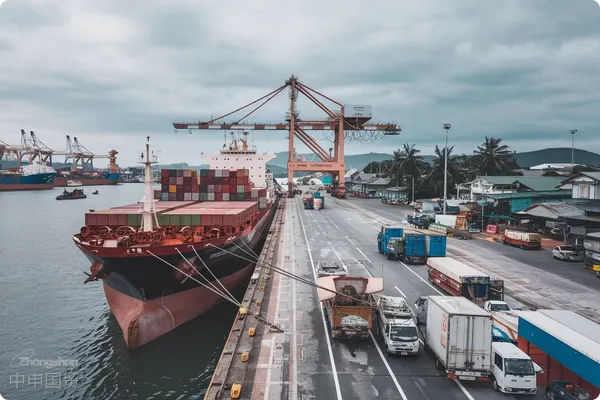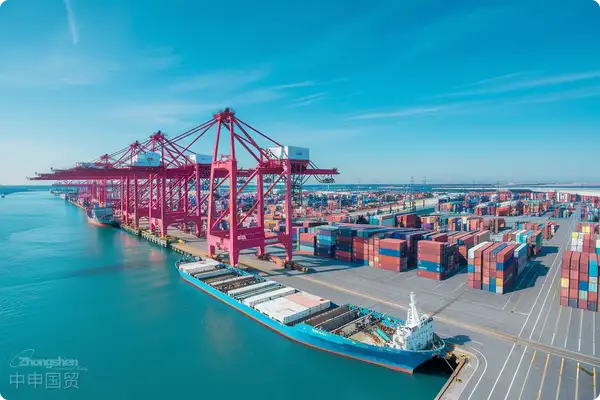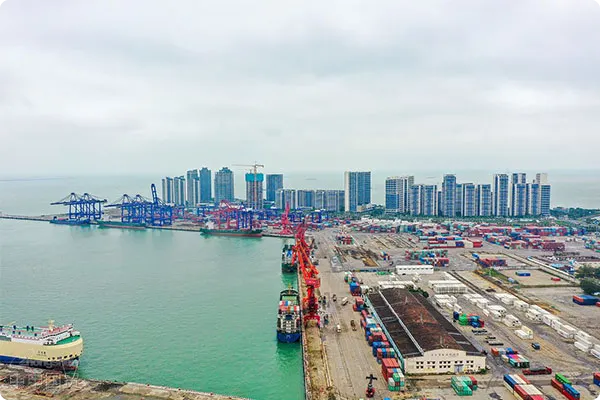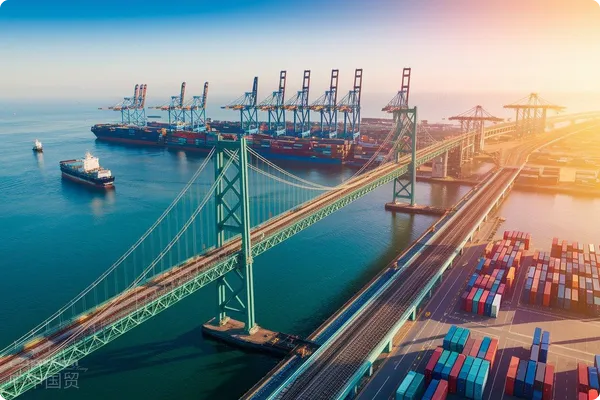- Shanghai Zhongshen International Trade Co., Ltd. - Two decades of trade agency expertise.
- Service Hotline: 139 1787 2118
Nowadays, less - than - container - load (LCL) transportation is widely used, but LCL transportation is different from full - container - load (FCL) transportation. The transportation requirements are special and independent.
LCL (Less Than Container Load) means that after the carrier (or agent) receives small - volume liquid goods from the shipper with a quantity less than 100% of a full container, it classifies and categorizes them. Products destined for the same destination are totaled according to a certain quantity and packed in one box. It is called LCL because the box contains the goods of another consignor. This situation is used when the shippers commitment is not enough to fill the entire container. The sorting, placement, concentration, packaging and delivery of LCL goods are completed at the carriers terminal container freight station or inland container transfer station.
LCL can be divided into Direct Consolidation and Transfer Consolidation. Direct Consolidation means that the goods loaded in an LCL container are shipped and unloaded at the same port, and the container is only unpacked after the goods reach the port of destination at the same unloading port. This kind of LCL service has a short delivery time, is convenient and fast, and is generally provided by powerful LCL companies. Transfer Consolidation refers to the goods in containers not destined for the same port, which need to be unpacked, unloaded or stacked on the way. Factors such as different ports of destination and the long waiting time for such goods result in a longer transportation time and higher freight.
LCL goods usually cannot accept the designation of a specific shipping company. Shipping companies only accept bookings for FCL goods and do not accept direct bookings for LCL goods. ) After LCL, you can book space with the shipping company. Almost all LCL goods are transported by freight forwarders through centralized processing and distribution. The LCL distribution port in East China is basically Shanghai Port. Restricted by the supply and demand of goods, general freight forwarders can only reserve space with some carriers. The company cannot meet the requirement of avoiding outsourcing processing.
When negotiating a transaction with the customer, pay special attention to the relevant transportation terms when openingLetter of Creditfor the other party, and do not admit transportation terms that cannot be met when handling the consignment. In daily business, we often encounter situations where the L/C stipulates that LCL goods do not accept the bill of lading issued by the freight forwarder, and a HOUSE B/L is issued to the shipper. If the L/C designates that the B/L does not allow the freight forwarder, then there is no choice in the actual transportation process, and there will be a mismatch with the L/C.
The billing tone for LCL must be accurate. Before shipping LCL goods, the factory must measure the weight and size of the goods as accurately as possible. If the factory changes the packaging, it must be notified. Do not wait until the goods are sent to the freight warehouse. Then the operator feeds back the information. It is often very time - consuming.
In some ports, due to the shortage of LCL貨源 and high costs, professional LCL shipping companies adopt a minimum charge standard for non - large - sized goods. Charge by the ton. Therefore, for products with a small trading volume and relatively remote ports, these factors should be considered during the transaction to avoid being passive in the future.
For some routes and ports, if the customer requests to send LCL goods to an inland point, before signing the contract, there should be a freight forwarder and a freight forwarding company that can handle it, and it is best to check. The transportation and related costs before signing an agreement with these remote ports and inland branches.
Related Recommendations
Knowledge Base
Contact Us
Email: service@sh-zhongshen.com
Related Recommendations
Contact via WeChat

? 2025. All Rights Reserved. 滬ICP備2023007705號-2  PSB Record: Shanghai No.31011502009912
PSB Record: Shanghai No.31011502009912









